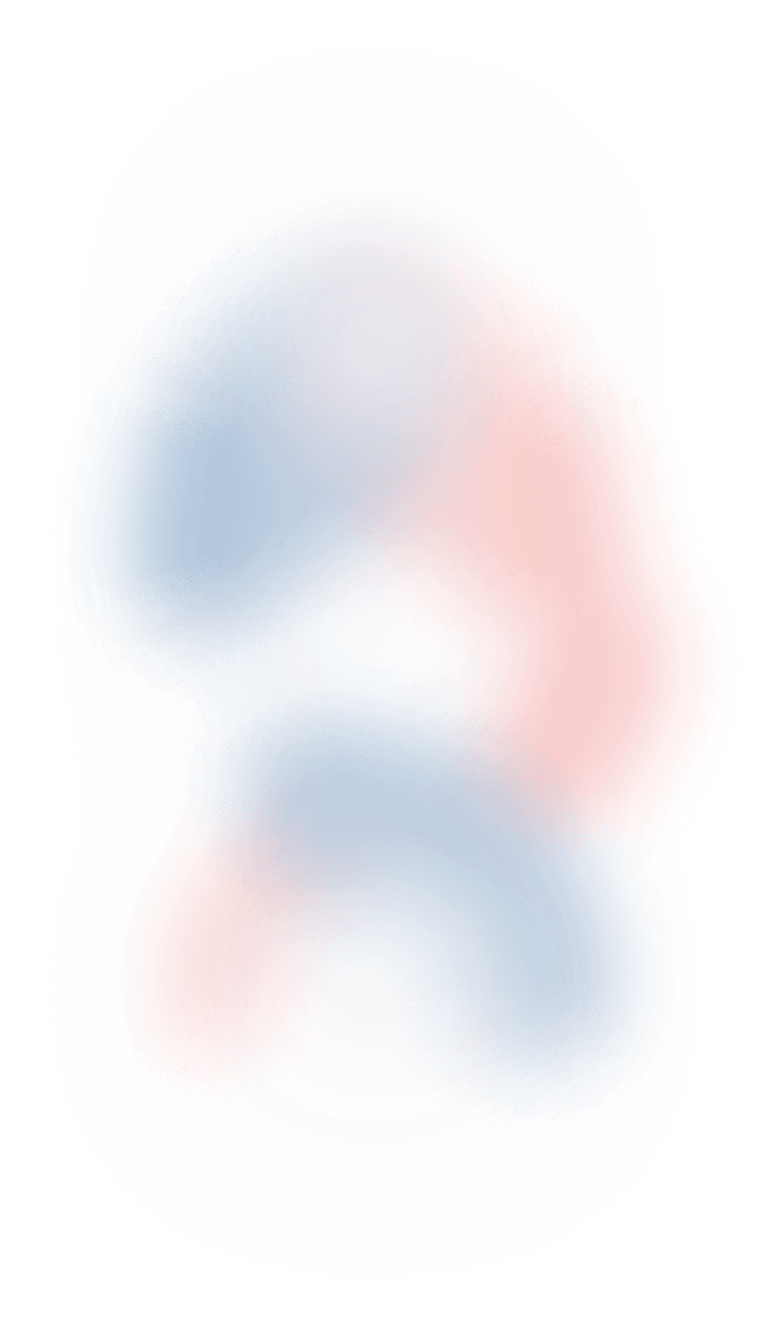Massachusetts cannabis law
| Medical patients | 10 oz 60 day supply |
| Recreational users | 1 oz |
| Medical patients | 0% |
| Recreational users | 17-20% |
| Medical patients | 6 plants |
| Recreational users | 6 plants |



Do I qualify?


Concise guide to Massachusetts medical marijuana laws
- Amyotrophic Lateral Sclerosis (ALS)
- Cancer
- Crohn’s disease
- Glaucoma
- HIV or AIDS
- Hepatitis C
- Multiple Sclerosis
- Parkinson’s disease
- Other conditions as determined in writing by a qualifying patient’s physician
No more than 10 ounces every two months
Yes, limited amounts
Yes, no more than 35 state-licensed dispensaries allowed.
Yes, individual patients will be permitted to designate a “personal caregiver” at least 21 years old to cultivate for them if they are unable to access a state-authorized dispensary or if they can verify “financial hardship.”
95,117
Source: Cannabis Control Commission, as of December 2023
105 CMR 725.000
No
Apply for your medical cannabis card in Massachusetts

Detailed overview of Massachusetts medical marijuana regulations
Possession limits for medical cannabis patients in Massachusetts
According to the Massachusetts Cannabis Control Commission, patients may possess a 60-day supply of marijuana or up to 10 ounces of medical marijuana. However, the law does allow for exceptions. With the permission from a Certifying Health Care Provider, patients can purchase larger amounts as long as it’s medically necessary.
When in possession of marijuana, medical cannabis cardholders are expected to carry their program ID cards along with a valid government-issued ID. Possessing cannabis without an MMJ card by individuals under age 21 may have legal consequences in Massachusetts.
Possessing cannabis in public is allowed for medical marijuana patients, but it must be placed in a closed container and cannot be consumed in public.
Patients are not allowed to sell or distribute their medical cannabis, as this is only reserved for treatment. Patients and caregivers must remain up to date with the purchase and possession limits in Massachusetts. Holding your medical marijuana card can help to avoid noncompliance with the law.
Cultivation and responsible use of medical cannabis in Massachusetts
Personal Cultivation:
According to Title 935 of the Code of Massachusetts Regulation (CMR), medical marijuana patients are permitted to cultivate cannabis at home. Specifically, they can grow up to 12 flowering and 12 vegetative cannabis plants. Additionally, under Title 935, Section 501.027, patients can obtain a hardship cultivation registration from the Cannabis Control Commission. This registration allows them to maintain a 60-day supply of cannabis, which is defined as up to 10 ounces of usable marijuana. Recreational marijuana users, on the other hand, can only cultivate up to 6 marijuana plants.
When growing marijuana plants at home, patients must lock the cultivation areas to prevent unauthorized persons from accessing it. The cultivation areas cannot be seen from streets and other public spaces. A patient’s caregiver can cultivate cannabis for the patient, but if the caregiver is a personal care attendant, visiting nurse or home health aide, they cannot.
The hardship cultivation registration is reserved for:
- Patients in financial hardship who are recipients of the supplemental security income or Mass Health or those with an income of less than 300% the federal poverty level.
- Patients who cannot access medical marijuana treatment centers or dispensaries due to distance or lack of transportation.
Commercial Cultivation:
The Massachusetts Cannabis Control Commission offers cultivator licenses to businesses that will grow, process and package cannabis to marijuana establishments. A craft marijuana cooperative’s canopy can only be up to 100,000 square feet. There are eleven tiers of operating space, and the selected tier affects the licensing fees and application. The application and annual license fees also differ for indoor and outdoor cultivation. The application fees go from $100 to $2,000, while the annual license fee is as high as $50,000.
These eleven tiers include:
- Tier 1: up to 5,000 square feet
- Tier 2: 5,001 to 10,000 sq. ft.
- Tier 3: 10,001 to 20,000 sq. ft.
- Tier 4: 20,001 to 30,000 sq. ft.
- Tier 5: 30,001 to 40,000 sq. ft.
- Tier 6: 40,001 to 50,000 sq. ft.
- Tier 7: 50,001 to 60,000 sq. ft.
- Tier 8: 60,001 to 70,000 sq. ft.
- Tier 9: 70,001 to 80,00 sq. ft.
- Tier 10: 80,001 to 90,000 sq. ft.
- Tier 11: 90,001 to 100,000 sq. ft.
Primary caregiver responsibilities and considerations in Massachusetts
In Massachusetts, a medical marijuana patient and their official caregiver are allowed to purchase, possess, and cultivate the state-allowed-amount of medical cannabis. Caregivers assist registered patients in administering cannabis products.
Under the Massachusetts medical marijuana program, there are two types of caregivers.
- Personal caregiver: This individual helps registered patients administer and cultivate marijuana products at home for medical use. The caregiver must be 21 years or older and are allowed to manage up to five patients at once. It can be the parent, guardian, family member or friend of the patient. If a Personal Caregiver wants to serve more than five patients, they must obtain a waiver under 935 CMR 501.850. Exceptions include employees of healthcare facilities, visiting nurses, home health aides, personal care attendants, and immediate family members.
- Institutional caregiver: Medical marijuana patients can also choose institutional caregivers, who are employees of long-term care facilities, hospitals or hospices. They provide care to registered patients within the institution and are not allowed to cultivate plants on behalf of their patients.
Caregivers must be registered with the Massachusetts Cannabis Control Commission and obtain caregiver cards. Patients can choose their caregivers by themselves and can have up to two caregivers at once. Medical marijuana patients under 18 require caregivers but it is optional for adult patients.
To become a caregiver, an individual must register online through the Patient and Caregiver portal. But, the patient must have designated that person as their caregiver during their registration. After this, the patient will give the caregiver a four-digit PIN, which they can use to complete their registration.
Caregivers must not have been convicted of a drug crime and don’t have to pay any fee to register for an MMJ card. Designated caregivers cannot sell or consume the cannabis that they purchased for their patients.
The main job of a medical marijuana caregiver is to make sure the patient is using cannabis safely and in accordance with the law. As a caregiver, you should remain updated with the relevant laws in Massachusetts and comply with them. Avoid sharing details of your patient’s medical history to maintain confidentiality and keep all the documents up to date.
Medical cannabis for veterans in Massachusetts
In Massachusetts, veterans can consider applying for a medical marijuana card if they will benefit from medical marijuana treatment due to physical and mental health conditions. Veterans can apply for and use cannabis treatment like any other patient.
- Veterans can apply for a medical marijuana card if they have one of the qualifying medical conditions. The application process is the same as any other patient.
- Veterans with an existing VA (Veterans Affairs) medical provider can qualify for the discounts. This will happen after the 2024 US House bill is enacted into law.
- Under federal law, marijuana is classified as a Schedule One controlled substance. This is the same stance as the Department of Veterans Affairs. Veterans that use marijuana are still entitled to VA benefits but cannot use it on VA grounds.
- Medical marijuana cardholders cannot own firearms under federal law, and Section 10H of the Massachusetts General Laws prohibits individuals from holding firearms under the influence of marijuana.
At Dr. Weedy, we are proud to support veterans that require medical marijuana treatment. We are dedicated to providing exclusive discounts to veterans who need medical marijuana certification, giving them the chance to receive affordable care. Learn more about our veteran’s discount program here.
Medical marijuana reciprocity and access for non-residents in Massachusetts
A reciprocity program occurs when a state allows individuals from other states to buy medical cannabis products with their marijuana card. Massachusetts does not recognize marijuana cards from other states but visitors over 21 with a government-issued ID card can purchase and possess up to 1 ounce of recreational cannabis. It is important to note that out-of-state visitors must consume their purchase within Massachusetts, as transporting marijuana across state lines is illegal, regardless of the mode of transportation. Additionally, mailing any cannabis-based products, including edibles, is prohibited, even to locations where marijuana is legalized. If staying at a hotel or rental accommodation, it is advisable to check their policies regarding marijuana use before consuming.
MA marijuana card holders can use their cards in a few states that have medical cannabis reciprocity.
- New Hampshire (only possession)
- Vermont
- Arizona
- Utah
- Arkansas
- Rhode Island
- California
- Oklahoma
- Maine
- New Mexico
- Missouri
- New Jersey
- Montana
- Nevada
Diagnosis and medical marijuana treatment for PTSD, chronic pain and ADHD in Massachusetts
Patients in Massachusetts might be wondering whether they qualify to apply for a medical marijuana card for PTSD, ADHD and chronic pain. While Massachusetts does not explicitly mention these conditions on its list of qualifying criteria, patients can obtain a medical marijuana prescription if the doctor identifies these conditions as debilitating.
- PTSD: Post-Traumatic Stress Disorder is a mental disorder that happens when a patient experiences or witnesses a traumatic event which makes them unable to recover. Patients diagnosed with PTSD display symptoms such as anxiety, hyperarousal and nightmares. Consult with a qualified physician in Massachusetts to determine whether you qualify for medical marijuana treatment.
- Chronic Pain: Chronic or intractable pain that is not subdued with conventional medical treatment or is a result of a debilitating condition qualifies for medical cannabis treatment in Massachusetts. Cannabis treatment is ideal for reducing inflammation and pain. If you have been diagnosed with this pain, consult a registered physician to determine whether you can receive an MMJ card.
- ADHD: ADHD is another medical condition that might qualify you for medical marijuana treatment in Massachusetts based on your physician’s prescription and recommendation. Your physician must ensure that the use of medical marijuana will not worsen your disability.
Employment protections for medical marijuana patients in Massachusetts
Unlike other states, medical marijuana consumers in Massachusetts are not protected against workplace discrimination. There is no law that states employers in Massachusetts must accommodate medical marijuana employees except the employee qualifies as disabled due to their medical conditions. In such cases, employees who use medical marijuana to treat a disability are entitled to reasonable accommodation under the state disability discrimination law. However, employers are not required to accommodate on-site use of medical marijuana at the workplace.
That means there’s no broad employment protection for medical marijuana patients.
Employers in Massachusetts can decide not to hire marijuana users and there would be no legal consequence, as long as they follow federal regulations. Furthermore, marijuana remains illegal under federal laws so MMJ users cannot become federal employees.
When employers carry out background checks in Massachusetts, medical marijuana cards don’t show up in the checks. But if the employer uses drug tests to check on their employees, those who fail may be fired or won’t be hired.
























